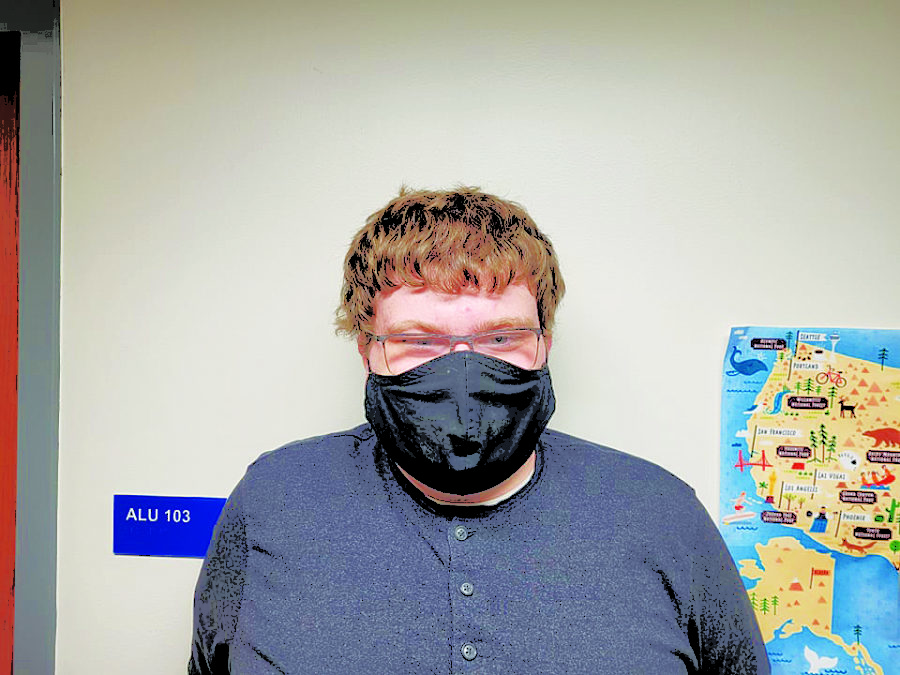Allow Me To Change Your Mind: Spring Break Woes
April 27, 2022
Whether it looks like it or not, we are reaching the end of the spring semester and have begun thinking about what we want to do over the next 3.5 months (or, if you are taking summer classes, just a few weeks.) Why do we take summers off and do various things until the weather starts getting cold again?
Let’s take a look back at the origins of summer break, or more specifically, the USA version of summer break.
Let me dispel a misconception. While it is rumored summer break origins are based on agriculture with extra help needed to plant and harvest crops, this is not entirely true as most crops were planted in the spring and harvested in the fall.
However, it is partially true. Summer break does trace back to the 19th century but it’s actually based on school-reform movements at the time which sought standardization between urban and rural areas.
Until the mid-19th century, most schools were open for a winter and summer term. As individual schools merged into school districts and bureaucracies emerged to manage the newly-formed school districts, school leaders and politicians identified a need to standardize calendars across regions. This was related to emerging tax structures, laws around compulsory education, as well as a general sentiment that school should be an essential component of American childhood.
As the calendar was standardized across regions, school leaders took cues from a variety of factors, including attendance rates and the difficulty associated with cooling school buildings.
Many upper-class families left the city for cooler climates in the northeast during hot summer months and, as such, schools cancelled their summer sessions due to low daily attendance. As train travel became more affordable, middle-class families followed similar patterns, keeping their children home during the hottest months of the year or going on a summer vacation.
Additionally, many school leaders advocated for breaks so students and teachers could rest their brains. Many 19th- and early 20th-century American educators believed too much learning in hot weather was bad for one’s health and could result in heat exhaustion and injury, particularly for younger children whose minds were still developing.
The extended summer break was seen as a way for children and teachers to rest and recover. In many places, teachers used the summer months for their own learning and professional development, as well as participating in seminars and courses, including educational summer camps at Chautauqua.
So, Allow Me to Change Your Mind.
I’m fine with summer break, but there are two choices about how to spend your time before returning to school in the fall.
You either spend the time mentally relaxing and coming back with a fresh slate or you get a summer job and make extra money to spend during the school year.
There is no way I am doing nothing for the 3.5 months I am home. I will get a job like I did last summer. I like extra money for the school year ahead, but also I work so I can get of the house and actually realize there is more to life than just my house. I also believe a mental break is good as you can relax until you get back, but the downside is it gets too quiet and boring.
There are benefits and downsides to both. If you are at a job, this ups your chances of listening to a self-entitled person, demanding to be treated like they are royalty and stressing you out and ruining your entire day, especially if you work a retail job. But these are incredibly rare encounters.
Whatever you do over the summer, I hope you enjoy the break.
Well, that’s a wrap on another semester of “Change Your Mind.” I’d like to thank you for reading Semester 2 and be on the lookout for Semester 3 in the fall.







